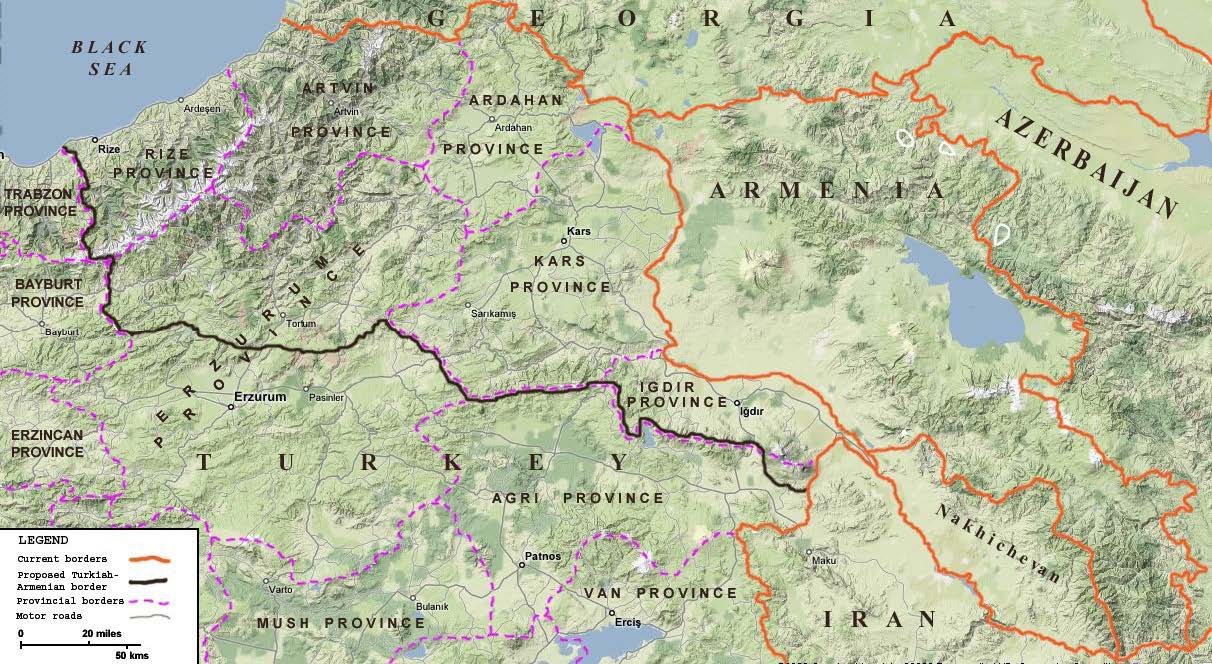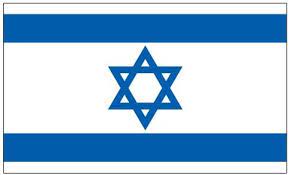David Davidian*, Yerevan, Armenia January 2019
Abstract: Israeli and diaspora Jews have written more than any another definable group regarding the Turkish genocide of the Armenians, second only to the Armenians themselves. However, the State of Israel has not politically recognized this genocide.
Further, organizations such as the US-based ADL, AIPAC, and prominent Israeli politicians such as Yitzhak Shamir have at one time supported Turkish genocide denial and worked against Armenian genocide recognition. Regardless of Jews been subject to a systematic genocide and their attempts at exposing crimes against humanity, Israeli relations with Turkey outweighs all moral and ethical arguments associated with Israeli recognition of the Armenian genocide. Israeli policymakers calculated the current relative benefits of unilateral Armenian genocide recognition against Turkish reaction and made the simple choice, even though the Israeli Knesset has periodically deliberated Armenian genocide recognition. Such Knesset discussions were meant to send a strong diplomatic message to Turkey.
Land reparations will change the regional dynamics as an alternative trading route will be created in northeastern Anatolia/southeast Black Sea region for products, energy pipelines, etc., altering regional and great power influence in the southern Caucasus, eastern Anatolia, northern Mesopotamia (including the Kurdistan Regional Government) and help economically transform post-sanctions Iran’s northwestern regions.
Background: The genocide of the Armenians was the result of a Turkish nationalist movement heavily influenced by crude Social Darwinism that reached proto-fascist dimensions under the guise of WWI. This nationalist movement and those introduced to Arab tribes were actively encouraged by European powers interested in dismembering the Ottoman Islamic Caliphate.
Ethnic identities soon became acceptable elements blending with a Sunni alignment. This dismemberment was also the goal of early Zionists as a necessary step in garnering access to Palestine. Prominent pre-WWI Zionists were supporters of this Turkish nationalist movement, while others condemned those who subjected Armenians to empire-wide oppression.
A Jewish espionage network, the NILI Group, which assisted Britain’s fight against the Ottoman Empire in Palestine between 1915-1917, reported the horrors of the Turkish treatment of Armenians and projected the same might happen to Jews.
With over eight hundred German soldiers serving directly in the Turkish Army and another 25,000 on various Turkish fronts, German generals in command of Turkish armies from the Dardanelles to Iraq, German diplomats across the Empire, the German military and political establishment witnessed a genocidal template used in the Nazi extermination of European Jews.
The Armenian genocide surfaced in Israeli political discourse during the 1970s to the early 1990s during an assassination campaign of Turkish diplomats by Armenian militant groups.
Subsequently, Turkey and Israel had a common cause and positive relations accelerated.
The public disintegration of Turkish-Israeli relations over the past decade is rooted in Turkish pro-Islamists vying for regional Sunni political preeminence. Turkey having supported incidents such as the Mavi Marmara, the Muslim Brotherhood, Hamas in Gaza, its leadership calling Israeli activities genocidal, and accelerating antisemitism in Turkey, caused periodic discussion of Armenian genocide recognition by the Israeli Knesset in reaction to such Turkish policies.
Publicly, Turkish-Israeli relations appear strained, yet trade between them has remained stable in real terms. Since the ascent of Turkish Islamist politician Recep Tayyip Erdoğan, Israeli and Jewish lobby groups have generally not actively engaged in anti-Armenian diplomacy associated with Armenian genocide recognition. However, the same cannot be said for their low-level pro-Azerbaijani lobbying with anti-Armenian overtones. Azerbaijan supplies half of Israel’s crude oil and has purchased billions of dollars of Israeli arms, the latter used against the Armenians in the simmering battle over the region of Nagorno-Karabakh.
Current Israeli policy: Full Israeli recognition of the Armenian genocide, with associated land reparations as projected on the accompanying map, will have substantial regional repercussions for Israel. Any such recognition will be based on near zero-sum calculations where Israeli ties with Turkey is in a severe crisis, and active Turkish policies appear irreversible against long-term Israeli interests. Israel may position such recognition with ethical rationale, yet support for full recognition will be based on realpolitik. Israel must also consider catalytic Turkish-sponsored genocide recognition and associated land reparations.
However: It is assumed that Israeli policymakers have analyzed the possibility of de facto recognition of the Armenian genocide, but may not have entertained full recognition including land reparations in support of the sovereign expansion of Armenia to the Black Sea, where,
- Armenia furnishes a new north-south trading route from the Black Sea south through Armenia, offering previously unavailable access to the Black Sea for states and entities to the south of This route is also significant given China’s Silk Road initiative.
- A friendly Israel can provide integrating infrastructures and coast guarding expertise.
- A self-sufficient Armenia can maintain the necessary characteristics that will counter the expansionist nature and land-acquisition characteristics of neighboring states.
- Israel receives a much-needed boost in soft-power projection as it deals with other regional issues vital to its interests.
In summary: Israel uniquely possess the diplomatic prowess, and the moral and ethical determinism to fully recognize the Armenian genocide with land reparations. A stronger Armenia counterbalances aggressive expansionism in its immediate region, provides a new north-south route to the Black Sea and can create realistic synergism based on mutual interests with Israel.
* David Davidian is a US-born citizen residing in Armenia. He is an Adjunct Lecturer at the American University of Armenia.


